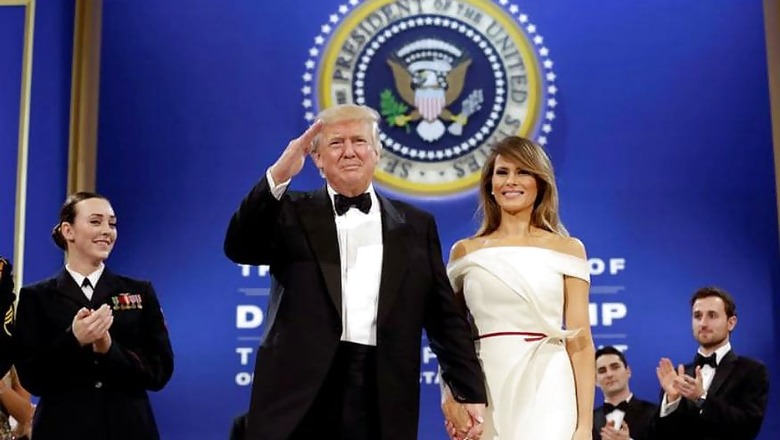
views
New Delhi: Even after a year-long campaign, the new President of the United States remains an unknown entity. Most have known or met Donald Trump the businessman but have no idea about Trump the President simply because the flamboyant businessman has never held any governance role.
But now that the man is firmly in the driver’s seat, it’s time to think and rework strategies. The global media has latched on to two key phrases in Trump’s speech — “From this moment on it’s going to be America first” and “We will follow two simple rules: Buy American and hire American”.
In India, too, there are fears that IT and manufacturing could be badly hit and that there could be a clampdown on H1B visas. The sharpest attack came from former foreign minister Salman Khurshid who told CNN-News18: “Make in India to be the first casualty unless US citizens go on to fire the American”.
The Indian government is well aware that with Trump they are stepping into unpredictable and unknown terrain. Therefore, it comes as no surprise that foreign secretary S Jaishankar was dispatched to Washington soon after the US election. Ministry sources say he established early contact with very senior officials in Donald Trump’s transition team.
While describing America’s changing engagement with the world, the foreign secretary had recently said, “Overall we are well placed and certainly no worse than many others.”
Even the outgoing US Ambassador to India, Richard Verma, had said that India-US ties are on an upward trajectory. Speaking a day before the inauguration Verma had said, “US-India relationship is a non-partisan endeavour. There is a huge strategic and economic importance of India. It is a relationship which creates more economic opportunities and a safer environment. I think the new President would like to run with it but I can’t speak for him.”
Despite Verma’s assurance, it’s time to switch track and rethink. Many in India’s foreign policy circles say that ever since 2008, there has been this anger in the US community that their jobs are going overseas. Therefore, the warning signs were always there.
Former diplomat Rakesh Sood says, “Going forward there can be difficulties for India-US relations, especially as far as H1B visas are concerned. So the profile of this issue will increase in bilateral discussions.”
Already two US senators have announced that they will introduce a legislation, which, if approved, will give preference to the brightest students being educated in the US in the allocation of H1B visas. While there are fears that a Trump presidency could hurt India’s IT sector, Sood says, “While Indian IT firms will have to create more jobs in the United States, fact is they are already investing and creating jobs in their economy. So there has to be a better communication of that.”
Senior journalist and commentator Ashok Malik agrees. He says, “To some degree protectionism is a part of the new President’s mandate. The IT sector will have to rework its model towards the US economy and create more jobs but, his bigger concerns will be around manufacturing jobs going to China.”
A former diplomat who has served in US and didn’t wish to be named says the media is jumping from headline to headline and missing the point. “No relationship is stable or resilient unless it benefits both sides. One has to understand that US introduced H1B visas in 2007 as a temporary measure to help American IT companies in filling up vacancies and becoming more competitive,” he says.
“The vote in the US election was against establishment and not for the Republican Party, but for Donald Trump. He will always remain in touch with his core constituency. Through his speech, he has sent out the message that ‘buddy, don’t take me for granted’”, adds the former diplomat.











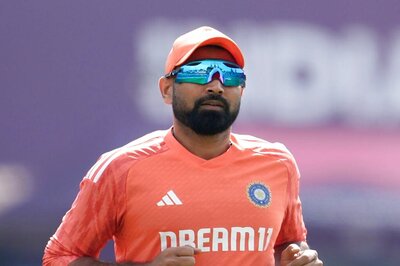

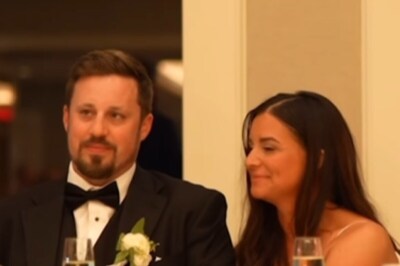
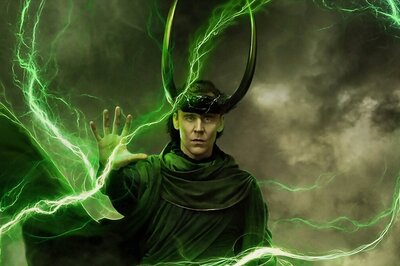
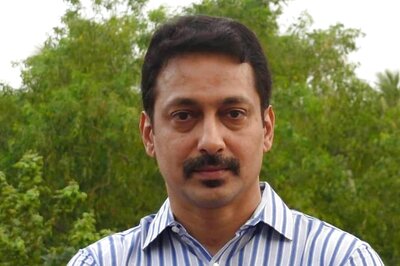




Comments
0 comment